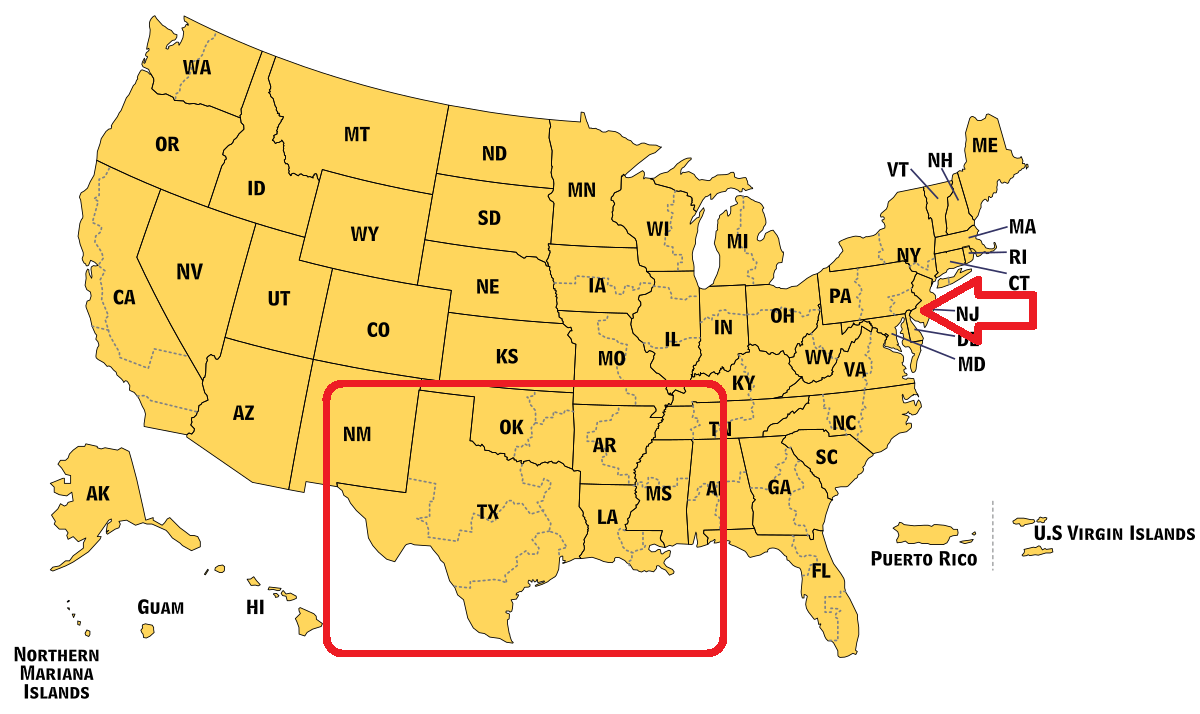The plaintiff in Newell-Davis v. Phillips challenged the constitutionality of Louisiana’s “Facility Need Review” for entrants into the respite-care business. The program requires Louisiana regulators to “determine if there is a need for an additional [respite care] provider in the geographic location” before a new business is authorized. The Fifth Circuit found that the program satisfied rational-basis review, noting:
The record supports the State’s assertions that FNR permits enhancement of consumer welfare by “allowing [LDH] to prioritize postlicensure compliance surveys that ensure client health, safety and welfare, over the resource intensive and costly initial licensing surveys.” For example, by limiting the number of providers in the respite care business, the State can focus its resources on a manageable number of providers, which aid it in ensuring that consumers receive the best possible care in their communities.
No. 22-30166 (Dec. 13, 2022).


